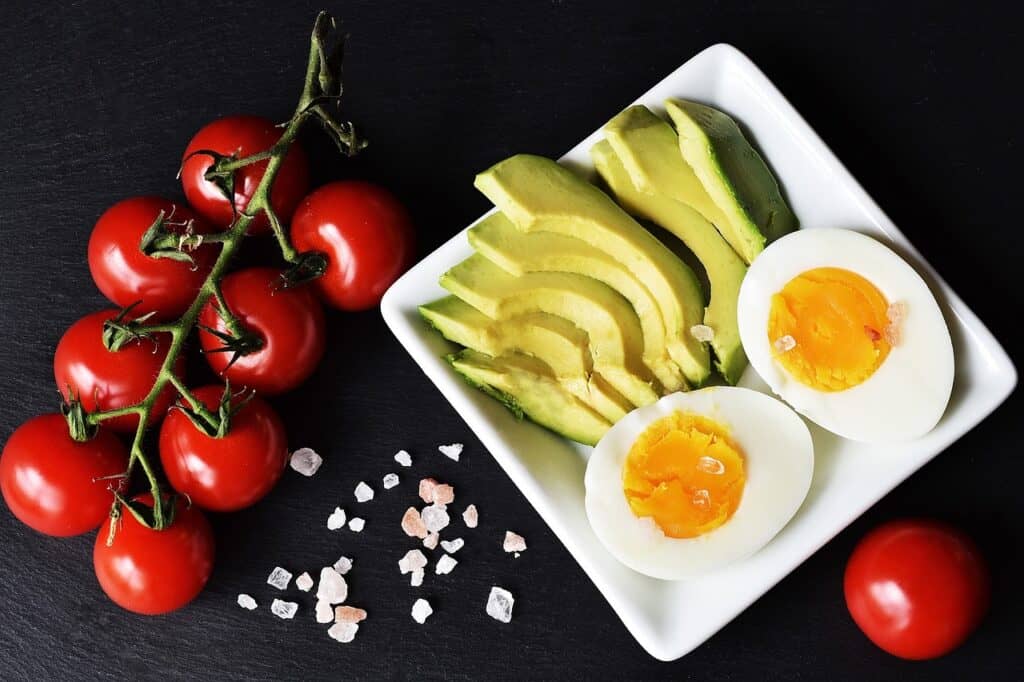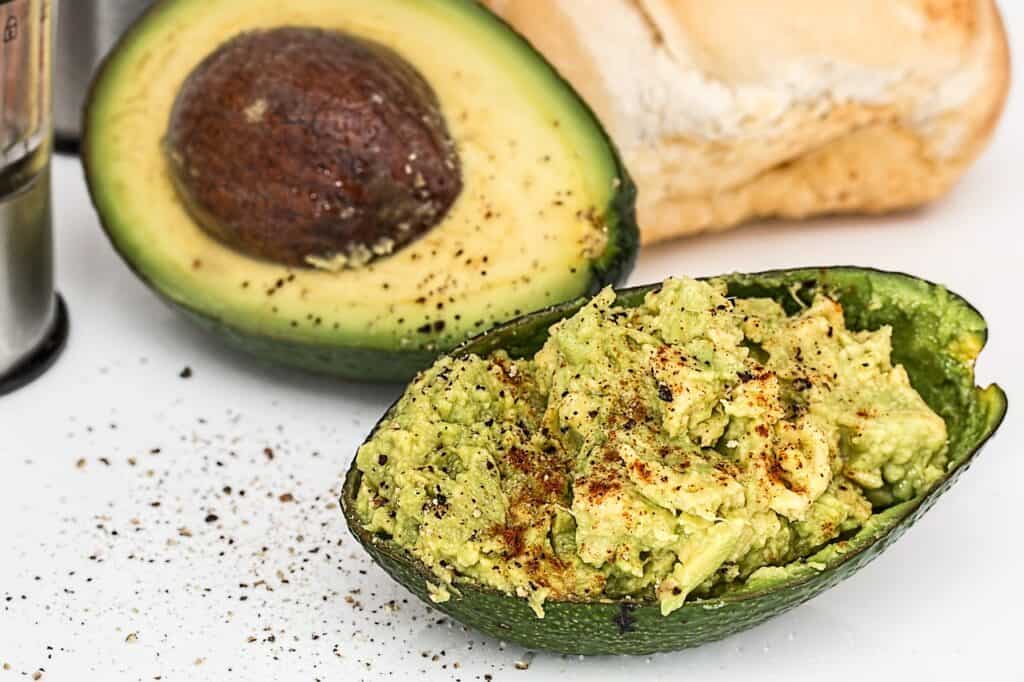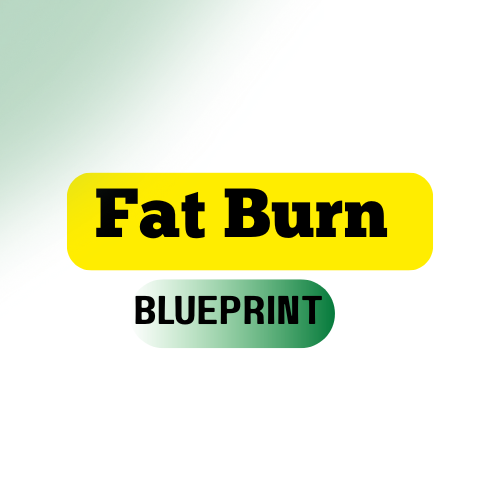Ketogenic Diet

Ketogenic Diet: A Path to Better Health and Weight Loss
Welcome to the Ketogenic Diet – or ‘Keto’ for short. So what’s all the fuss about and how can this diet help you on your weight loss journey ?
The ketogenic diet, or “keto” has gained considerable popularity in recent years. Originally developed as a treatment for epilepsy in the 1920s, it has since evolved into a mainstream dietary approach for weight loss and overall health improvement. Grounded in science and supported by multiple studies, the ketogenic diet centres on the principle of transforming the body’s primary energy source from carbohydrates to fats, a state known as ketosis.
In this post, we’ll explore what the ketogenic diet entails, how it works, its health benefits, and how it supports weight loss.

What Is the Ketogenic Diet?
The ketogenic diet is a high-fat, moderate-protein, and very low-carbohydrate eating plan. The primary goal is to shift the body into a metabolic state called ketosis, in which fat becomes the main fuel source instead of glucose (sugar derived from carbs).
Macronutrient Breakdown
- Fat: 70–75% of daily calories
- Protein: 20–25%
- Carbohydrates: 5–10%
This composition forces the body to use fat for energy by producing ketones, which are molecules synthesized in the liver from fatty acids. These ketones serve as an alternative fuel, particularly for the brain and muscles.
How Ketosis Works
When carb intake is significantly reduced:
- Blood glucose levels drop
- Insulin levels decrease
- The liver starts converting fatty acids into ketones
- The body uses ketones and stored fat for energy instead of glucose
This metabolic shift has numerous benefits, especially for weight loss and metabolic health.

Health Benefits of the Ketogenic Diet
The keto diet is more than a weight loss tool—it has demonstrated a variety of health advantages:
1. Promotes Sustainable Weight Loss
- Appetite suppression: Ketones help reduce hunger hormones, leading to fewer cravings and decreased calorie intake.
- Fat burning: The body burns stored fat more efficiently in ketosis.
- Preserves lean mass: Moderate protein intake helps retain muscle mass during fat loss.
- Lower insulin levels: Aids fat breakdown and prevents storage.
2. Improves Blood Sugar Control
- Stabilizes blood glucose levels: Particularly beneficial for people with type 2 diabetes or insulin resistance.
- Reduces HbA1c levels: Long-term blood sugar markers show significant improvement in many individuals.
3. Enhances Mental Clarity and Cognitive Function
- Ketones as brain fuel: Provide a steady, clean energy source, reducing brain fog and enhancing focus.
- Neuroprotective benefits: Studies suggest potential benefits for neurological conditions like Alzheimer’s and Parkinson’s disease.
4. Supports Heart Health
- Improves cholesterol profiles:
- Increases HDL (“good”) cholesterol
- Decreases triglycerides
- May shift LDL from small, dense particles (more harmful) to large, fluffy particles (less harmful)
- Lowers blood pressure: Weight loss and reduced carb intake can lower hypertension risk.
5. Reduces Inflammation
- Ketosis is associated with lower levels of inflammatory markers like CRP (C-reactive protein).
- Chronic inflammation is a root cause of many diseases, so this effect can contribute to long-term wellness.
6. May Offer Cancer Protective Effects
- Some studies suggest cancer cells, which often rely heavily on glucose, may be less able to survive in a low-glucose, high-ketone environment.
- The ketogenic diet is being investigated as a complementary therapy in cancer treatment, though more research is needed.
7. Benefits for Hormonal and Reproductive Health
- PCOS (Polycystic Ovary Syndrome): Many women with PCOS benefit from reduced insulin levels, improved fertility, and better hormone balance on a keto diet.
Click here for super fast results with this game changing weight loss supplement, Mitolyn.
Ketogenic Diet continued..
Keto for Weight Loss: Why It Works
Unlike many diets that require calorie counting or portion control, keto leads to natural calorie reduction by addressing hunger and satiety.
Key Reasons Keto Supports Weight Loss:
- Increased satiety: High-fat meals are more filling, reducing the urge to snack.
- Reduced insulin: Insulin is a fat-storage hormone; lower levels facilitate fat loss.
- Metabolic advantage: Fat and protein have a higher thermic effect, meaning more calories are burned during digestion.
- Consistent energy levels: Avoids the blood sugar rollercoaster associated with high-carb diets.
Real-World Evidence
- Numerous clinical trials and anecdotal experiences show consistent, sustainable weight loss among individuals who adhere to a well-formulated ketogenic diet.
- Many people lose 5–10% of their body weight in the first few months, with long-term maintenance success rates higher than with many other diets.

What to Eat on a Ketogenic Diet
Foods to Focus On
- Healthy fats: Avocados, olive oil, coconut oil, butter, ghee, nuts, and seeds
- Protein sources: Eggs, poultry, beef, pork, fish, and tofu
- Low-carb vegetables: Leafy greens, broccoli, cauliflower, zucchini, and bell peppers
- Full-fat dairy: Cheese, cream, and Greek yogurt (in moderation)
- Berries: In small amounts due to lower sugar content
Foods to Avoid
- Grains and starches: Bread, pasta, rice, corn, and cereals
- Sugars: Soda, candy, baked goods, and sweetened drinks
- High-carb fruits: Bananas, apples, grapes, and mangos
- Legumes: Beans, lentils, and chickpeas (high in carbs)
Tips for Starting the Keto Diet Successfully
- Plan your meals: Meal prepping helps you stay on track. See below for a weeks meal plan
- Stay hydrated: Electrolyte balance is crucial; consider supplementing sodium, potassium, and magnesium.
- Gradually reduce carbs: Helps minimize the “keto flu” (temporary fatigue and headaches during adaptation).
- Monitor your progress: Use ketone test strips or a blood ketone meter.
- Be patient: It can take several days to a week to fully enter ketosis.
Is Keto Right for Everyone?
While the ketogenic diet offers many benefits, it’s not suitable for everyone.
Consult a Healthcare Professional If You Have:
- Type 1 diabetes
- Pancreatic disease
- Liver or kidney conditions
- A history of eating disorders
- Are pregnant or breastfeeding
In most healthy individuals, however, keto is considered safe when followed correctly.

Summary
The ketogenic diet is a powerful tool for achieving better health and sustained weight loss. By drastically reducing carbohydrate intake and increasing fats, the body enters a state of ketosis, leading to efficient fat burning and a range of other benefits.
Key Takeaways:
- Promotes effective weight loss by curbing hunger and enhancing fat metabolism
- Improves blood sugar control, cognitive function, and heart health
- Reduces inflammation and supports long-term wellness
- Simple food guidelines make it easy to follow with the right planning
When done properly, the keto diet offers a science-backed, natural way to lose weight and improve overall well-being. Whether you’re looking to shed pounds, manage a medical condition, or simply feel more energized, keto is a diet worth considering.
🥑 7-Day Keto Diet Meal Plan
Day 1
- Breakfast: Scrambled eggs with spinach and feta cooked in olive oil
- Lunch: Grilled chicken Caesar salad (no croutons, add avocado)
- Dinner: Baked salmon with garlic butter, served with roasted broccoli
- Snack: Handful of macadamia nuts
Day 2
- Breakfast: Keto chia seed pudding made with coconut milk and topped with a few raspberries
- Lunch: Zucchini noodles with pesto and grilled shrimp
- Dinner: Bunless cheeseburger topped with bacon, lettuce, tomato, and pickles
- Snack: Celery sticks with cream cheese
Day 3
- Breakfast: Keto smoothie (unsweetened almond milk, avocado, spinach, protein powder, chia seeds)
- Lunch: Turkey lettuce wraps with mayo, mustard, cheese, and sliced bell peppers
- Dinner: Chicken thighs roasted with herbs, side of sautéed green beans in butter
- Snack: Hard-boiled eggs
Day 4
- Breakfast: Omelet with mushrooms, cheddar cheese, and avocado
- Lunch: Cobb salad (lettuce, bacon, eggs, grilled chicken, blue cheese, avocado)
- Dinner: Pork chops with cauliflower mash and asparagus
- Snack: Olives and almonds
Day 5
- Breakfast: Greek yogurt (full-fat, unsweetened) topped with chopped walnuts and cinnamon
- Lunch: Egg salad in lettuce cups with a side of sliced cucumbers
- Dinner: Zucchini lasagna (layers of zucchini, meat sauce, and cheese)
- Snack: Cheese cubes and a few pecans
Day 6
- Breakfast: Keto pancakes made with almond flour, served with butter and a few blueberries
- Lunch: Tuna salad with avocado, mixed greens, olive oil, and lemon dressing
- Dinner: Grilled steak with garlic mushrooms and sautéed spinach
- Snack: Seaweed snacks and a boiled egg
Day 7
- Breakfast: Bacon and eggs with a side of sliced avocado
- Lunch: Keto chicken soup with shredded chicken, celery, and spinach in bone broth
- Dinner: Shrimp stir-fry with bell peppers, zucchini, and coconut aminos
- Snack: Small serving of dark chocolate (85%+) and a few walnuts
✅ General Tips
- Stay hydrated: Aim for 2.5–3 liters of water daily
- Electrolytes: Include magnesium (e.g., spinach), potassium (avocado), and sodium (salted broth or pink salt)
- Keep carbs < 20–30g/day for most effective ketosis
- Prep ahead to make following the plan easy during busy weeks

